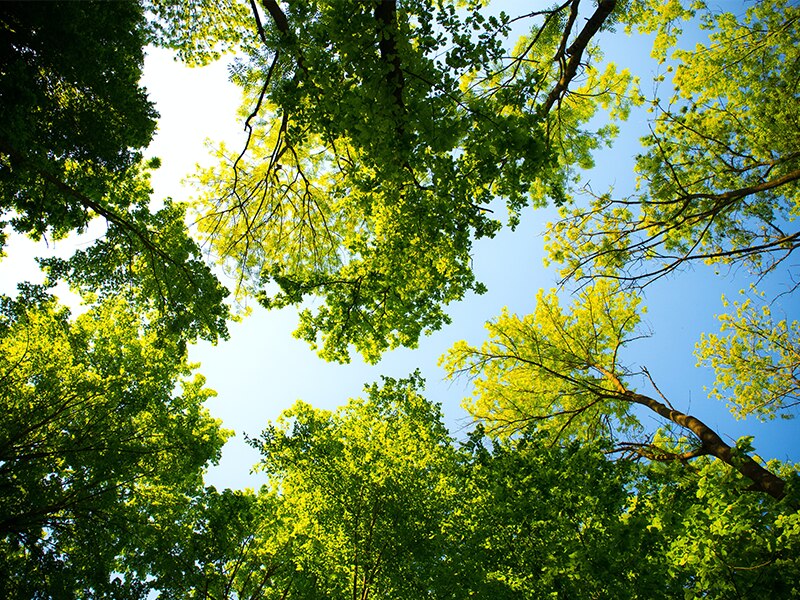
The “Sesame Metropole” study: integrating trees in urban nature restoration projects
24 Ιανουαρίου 2023
Over the past five years, the city of Metz has conducted the “Sesame” study in partnership with the Center for Studies and Public Expertise Cerama-Est. Its main goal is to help cities reintegrate greenery in their landscapes by choosing tree species best suited to their needs.
The stakes of the Sesame study
Sesame stands for ”Services Écosystémiques rendus par les Arbres, Modulés selon l’Essence” (EcoSystemic Services provided by Trees, Modulated according to Species). The study consists of multidisciplinary reports on the positive and negative effects of various plant species. Air quality, climate regulation, rainwater evacuation, food supply, landscape and life quality benefits, etc. Each tree provides a different set of features for urban environments.
The main goal is to address the challenges of global warming and biodiversity protection, while adapting them to local conditions and needs. In particular, the study takes into account allergy risks and formation of urban heat islands, as well as physical constraints such as road obstruction due to roots and broken branches.
The study includes a collection of 85 fact sheets on tree species, as well as a software tool to help cities make the best choices in their urban nature restoration projects.
The Sesame tool helps identify which species should be planted
The Sesame tool is built as a software application which will be released in early 2023. Its main goal is to promote the return of greenery in the urban environment, but with species and varieties which are best suited to each urban space and to each nature restoration project.
The digital tool will be made available to all public bodies, whatever their size. In its role as a pilot city, Metz plans to plant at least 20 000 trees by 2030. The species will be chosen according to the results of the study and of the application. The full Sesame reports will also be made available to the cities of Saarbrücken, Trèves and Luxembourg.